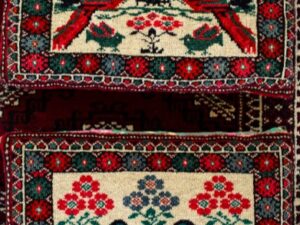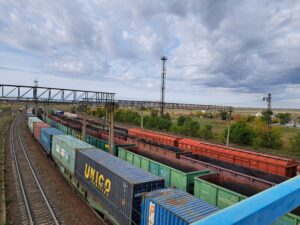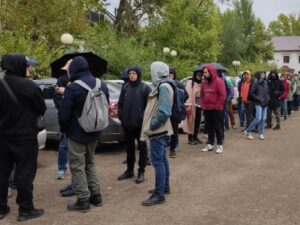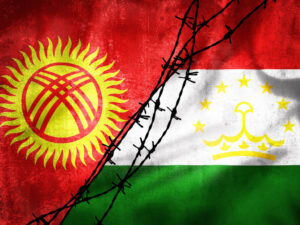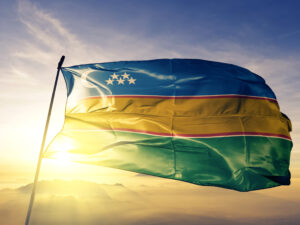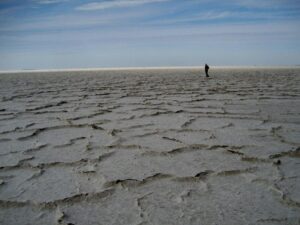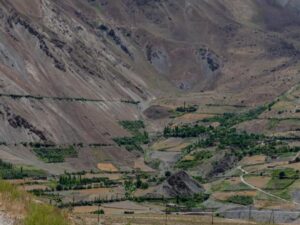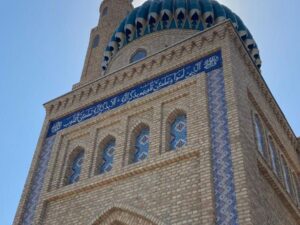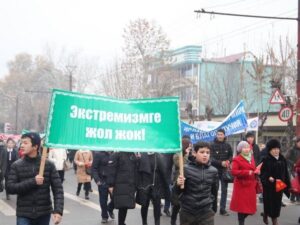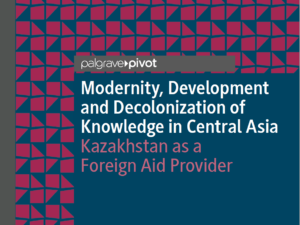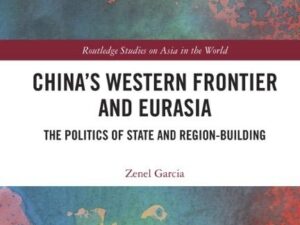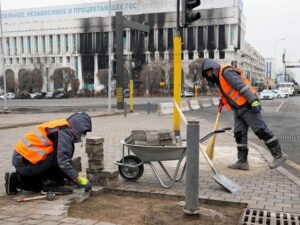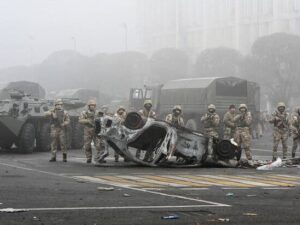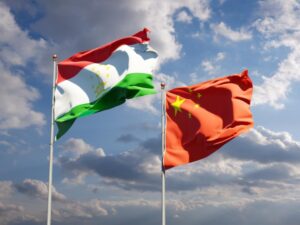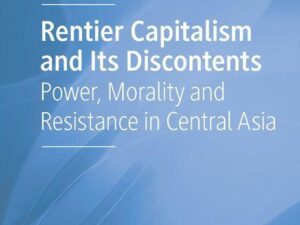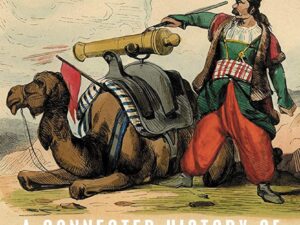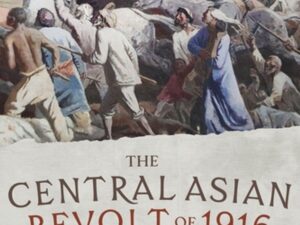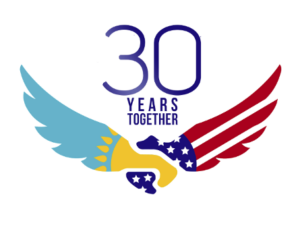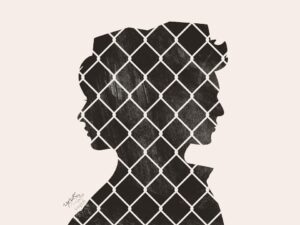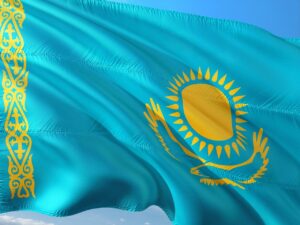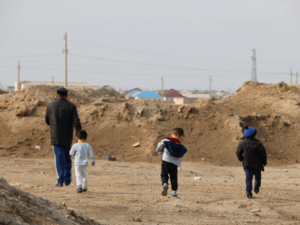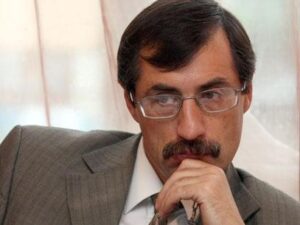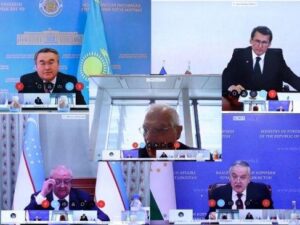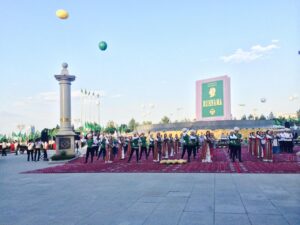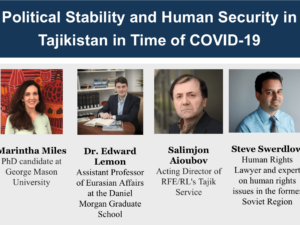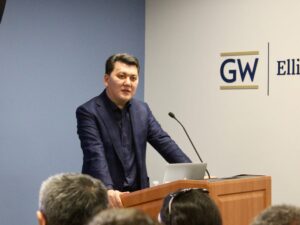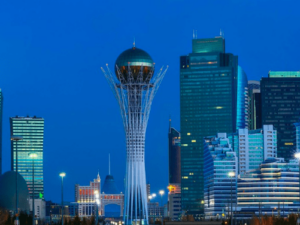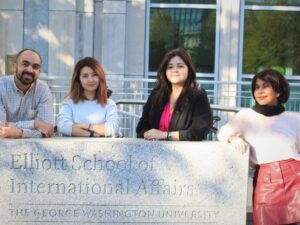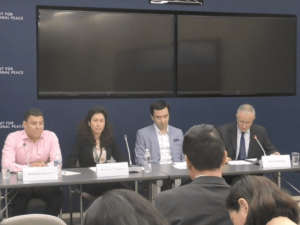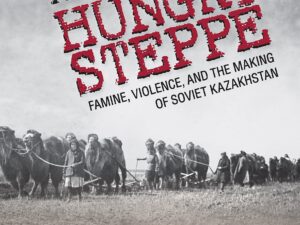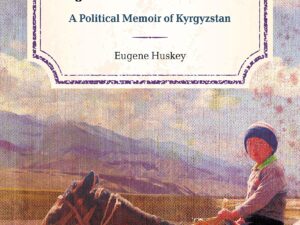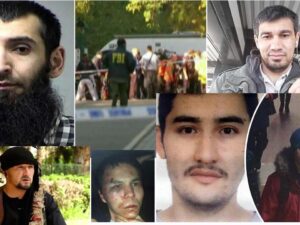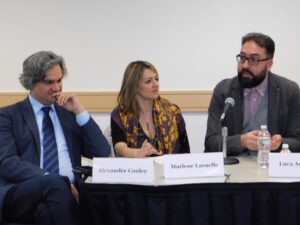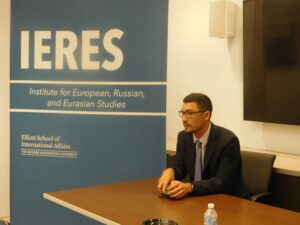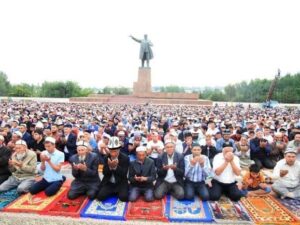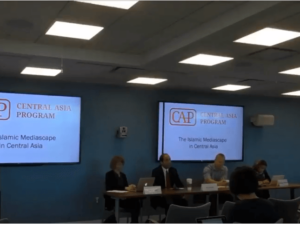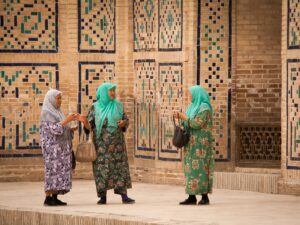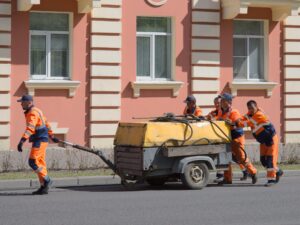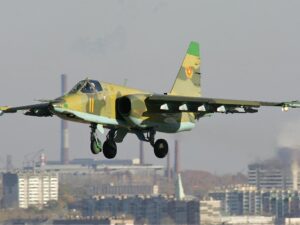
- This event has passed.
Marriage Quandaries in Central Asia
21 June, 2021 @ 11:00 AM – 12:00 PM

The reality of marriage across Central Asia is complicated. Not only does the term “marriage” cover a wide range of practices and achievements, but many non-marital relationships co-exist too. This tension—the flexibility of marriage in form and function, and its overlap with non-marriage, on the one hand, and its abiding importance and (at times) self-evidentiary nature, on the other—arguably lies at the heart of marriage-as-practice in Central Asia. Following recent turns in kinship studies and long-standing feminist traditions, this discussion envisions marriage as a relational practice of legitimization rather than pinning down any particular content that it includes. We argue that by focusing on the act of getting married, its efficacy, and the disputes, questions, and conflicts that sometime arise as a result—in short, the quandaries of getting married—we can get at everyday concerns and major societal issues wrapped up in marriage in Central Asia.
Speakers
Juliette Cleuziou is an assistant professor in anthropology at University Lumière Lyon 2 France. She has been working on migration in Russia since 2008 and on Tajikistan since 2011. She wrote her PhD on marriage, gender and ritual economy in Tajikistan, and is now conducting a project on the management of death among Central Asian migrants in Russia.
Julie McBrien is Associate Professor of Anthropology, University of Amsterdam; Director of the AISSR Research Program Group Globalizing Cultures; and the Vice-Director of the Amsterdam Research Centre for Gender and Sexuality. She is currently researching marriage and the politics of the future in Kyrgyzstan, as a part of the ERC Funded Project Building a Better Tomorrow: Development Knowledge and Practice in Central Asia and Beyond, 1970-2017. She is the author of From Belonging to Belief: Modern Secularisms and the Construction of Religion in Kyrgyzstan (Pittsburgh University Press, 2017) and author of numerous articles on gender, religion, secularism, and politics in journals like Anthropology Today, JRAI, Material Religion and Critique of Anthropology.
Tommaso Trevisani (Dr. phil. in Social Anthropology from the Free University, Berlin) is Associate Professor at the Department of Asian, African and Mediterranean Studies, University of Naples L’Orientale, where he teaches Societies and Cultures of Central Asia and coordinates the Centro Studi sull’Asia Centrale, Tibet e Iran (CSACTI). He has conducted extensive fieldwork in Uzbekistan and Kazakhstan and is author of numerous publications on agrarian and environmental change; class and industrial work; ritual, marriage and society; state- and nation-building in socialist and post-socialist Central Asia.
Anna Cieślewska, PhD is a social anthropologist. As a result of her interest in Central Asian socio-economic development issues and the geopolitics of Central Asia and Caucasus, as well as in Islam and local traditions in the post-Soviet region, she has spent the last fifteen years conducting research and development projects in the CIS region, and the Middle East. Recently she has been living between Warsaw and Tbilisi working on various topics including Islam, ethnic and national minorities in Georgia, migration from Central Asia and the Caucasus to Russia and the EU.
Rune Steenberg is an anthropologist specializing in Uyghur and Xinjiang studies. He has conducted extensive fieldwork in Xinjiang in 2010-2016 and since then in the Uyghur diaspora in Europe and Turkey. He has previously worked in other parts of China, Kyrgyzstan and Indonesia. Rune has researched and published on Uyghur kinship, cross-border trade, informality, economic transformation as well as local intellectual discourses, ideology, propaganda, surveillance and mass incarceration. Rune received his PhD from Freie Universität Berlin in 2014 and has since held research positions at Bonn Universität, Columbia University, University of Copenhagen and Palacky University Olomouc where he currently leads a research team on Xinjiang and Uyghur matters.
Sebastien Peyrouse, Moderator
Sebastien Peyrouse, PhD, is a Research Professor at the Central Asia Program in the Institute for European, Russian and Eurasian Studies (George Washington University) and a Senior Fellow with the George H. W. Bush Foundation for U.S.-China relations. His main areas of expertise are political systems in Central Asia, economic and social issues, Islam and religious minorities, and Central Asia’s geopolitical positioning toward China, India and South Asia.




